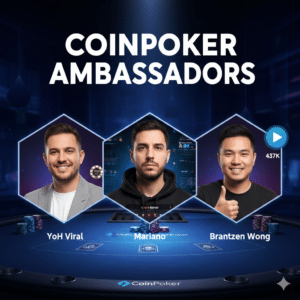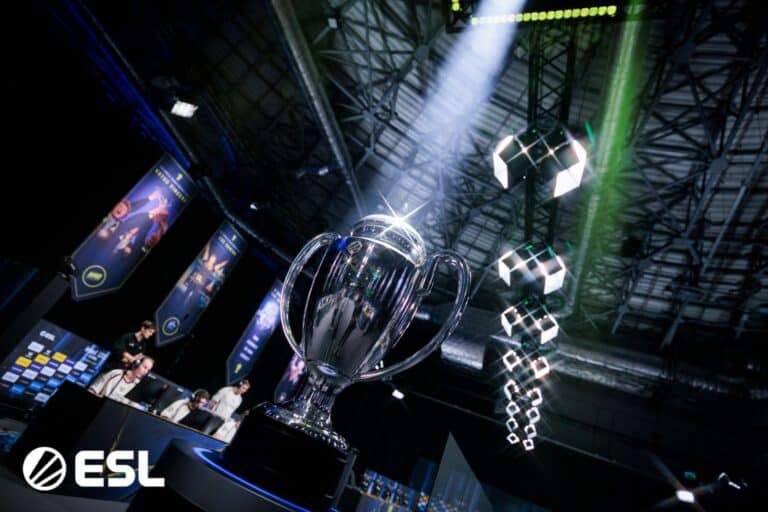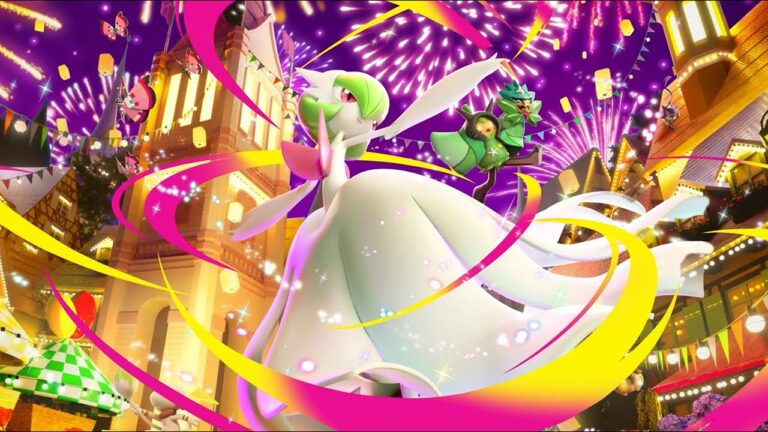Riot Games’ Valorant investigation “did not find sufficient evidence to substantiate any allegations” of NA Challengers match-fixing scandal
Darragh Harbinson, Senior Editor
Last Updated: 31/07/2025
Riot Games has concluded its investigation into the Valorant match-fixing scandal, which originated from whistleblowing attempts from Sean Gares, concluding that “no evidence of cheating, coordinated manipulation, or betting-related misconduct has been substantiated.” The developer reiterated its commitment to fair play and accountability.
The report details several aspects of the original accusations of misconduct in the Valorant NA Challengers, including allegations surrounding match-fixing, cheating, betting patterns, and potential involvement of Riot staff, with an abridged version as follows:
- Cheating: “No signs of cheating or suspicious activity were found.”
- Betting Market Analysis: “No games were flagged as suspicious.”
- Clean Feed Protocol Review: “No evidence of misuse was found. Controls were confirmed to be consistent with industry standards.
- Allegations Involving Riot Staff: “Based on the full investigative review, no misconduct by Riot staff was found.”
- Additional Due Diligence Measures: “Riot engaged Tournament Organizers and select teams to reinforce reporting obligations and request any relevant information as part of the investigation. These additional efforts yielded no actionable evidence.”
- Review of betting slips: “While the specific source of the image could not be identified, no suspicious betting patterns were found. As a result, the allegations were deemed not credible.”
Riot concluded that no individual aspect of the allegations was substantiated, stating “Upon conclusion of the review, there was insufficient evidence to substantiate any claims of cheating, coordinated manipulation, or betting-related misconduct by any players, teams, or organisations.”
In response to serious public allegations of cheating, match-fixing, and other misconduct within the VALORANT Challengers North America (NA) ecosystem, Riot Games conducted an investigation and extensive review that encompassed video footage, player interviews, internal system… pic.twitter.com/XQEE7uXrCO
— VALORANT Esports NA (@valesportsna) July 30, 2025
While Riot encouraged whistleblowers to come forward, an interesting aspect of the statement appeared to discourage claims without “credible evidence or observations,” although it is unclear if Riot believe these accusations fit that bill.
“Whistleblowers play a critical role in protecting fair play and promoting accountability across our esports leagues. Riot Games encourages all members of the esports community to report suspected integrity violations in good faith. At the same time, false, exaggerated, or unfounded accusations can disrupt lives, divert resources from genuine issues, and undermine trust in the integrity process… Reports should always be based on credible evidence or observations.”
What is the Valorant match-fixing scandal?
The allegations initially emerged from a video posted on Sean Gares’ Twitter on May 16. Gares was, at the time, the General Manager across FPS games at Shopify Rebellion. The Canadian has since mutually parted ways with SR.
Gares stated: “It is infected. Match-fixing, cheating, underground gambling rings. People are making hundreds of thousands of dollars on these games that were rigged.”
Gares seemed deflated by the information he had come across, pointing out the desperate scene of Valorant tier two. “These players are desperate; they’re getting bribed for tens of thousands of dollars in one game, it could even be to fix a ranked game.”
At the time, he stated: “I’m not ready to talk about what I’ve found; it would take me hours. The rabbit hole goes so deep it’s insane.”
— Sean Gares (@seangares) May 16, 2025
On May 24, Gares posted a video entitled “The Dark Side of Competitive Valorant”, which outlined “evidence” of Gares’ accusations. The video notes several betting slips by Twitter user @1of1bray, which are allegedly related to tier two Valorant matches.
The video denotes four players that 1of1bray allegedly reached out to fix matches. Players in the video are Burger Boyz’s Christopher ‘practo’ Ryu, Landor’s Morgan “TEAGUE” Teague,

One series of messages to TEAGUE supposedly outlines the methodology of match-fixers, stating: “What I do is I pay challengers players / for example, I’ll send a bet slip / rq holon / so when you have a close game / for ex. you playing a good team / I’ll pay u 20k to underperform, 10 before, 10 after if the odds are good I can get you 30 for a game.”
It is important to note that neither practo nor TEAGUE were accused of accepting any offers to match fix in the video. Their messages are simply used as sources for the betting practices, however, in a message with TEAGUE bray points specifically to results from Properity and Burger Boyz when TEAGUE remarks about “crazy upsets” making sense in the knowledge of bray’s offer.

Gares instead investigates gameplay from Blue Otter player ‘Fair’, with Gares noting the player’s fluctuation between abnormally poor and abnormally good plays, with the team as a whole making some questionable decisions. Gares reviews the series against Burger Boyz and his own team at the time, Shopify Rebellion Black.
Following review of Fair’s performance against SRB on Ascent, in a round where Fair has a free kill behind him, but is seemingly fixating on a player behind a wall instead, Gares concludes, “That’s how I realised Blue Otter might have thrown the first game and maybe had some assistance in the second game.”
Therefore, Gares creates a narrative whereby Blue Otters deliberately played poorly on their map-pick, meaning the odds for Blue Otter winning would become more lucrative, only to turn on their cheats and win the series.
“To say it’s not happening [match-fixing] with all this evidence would literally be insane,” concludes Gares. In the end, that is what Valorant’s investigation effectively concluded.
Gares remains a hugely respected member of the esports community, having transitioned from a former Counter-Strike player to a caster and analyst, before moving on to Valorant and playing various roles within that esport. As such, a large portion of the reactions to the ruling on social media are sceptical of its findings despite the ruling.
Darragh Harbinson, Senior Editor
Darragh Harbinson is an esports writer specialising in Counter-Strike. He has written for Esports News UK, Esports Insider, UKCSGO, Dexerto, and Rush B Media.
Stay Updated with the Latest News
Get the most important stories delivered straight to your Google News feed — timely and reliable





From breaking news and in-depth match analysis to exclusive interviews and behind-the-scenes content, we bring you the stories that shape the esports scene.
Monthly Visitors
User Satisfaction
Years experience
Latest Valorant











